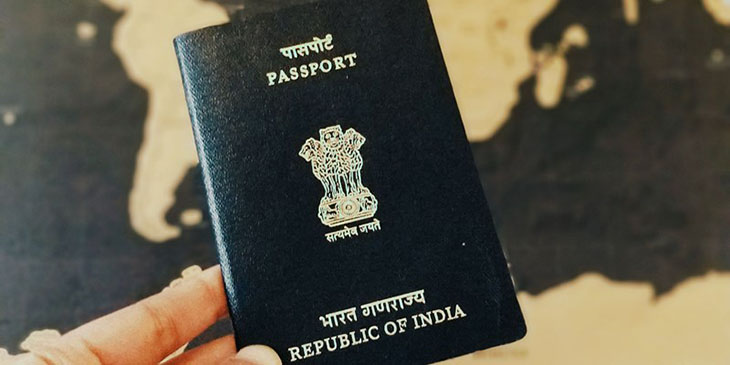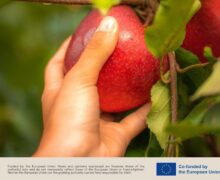Indian arrivals into SA: why have numbers dropped?

Statistics SA has released the arrival numbers for the first half of 2018, showing a decline in key markets. Among those, India has seen a 3.5% decline in arrivals this year compared with the same time last year. Tourism Update approached a number of industry experts to find out why, and how the market can overcome this.
The Cape Town water situation
Collin Thaver, MD of Southern Africa 360 says: “The water situation was the first turn-off for visitors this year.” This is reiterated by Trevor Hewett, owner and CEO of African Pride Tours who says: “We received a lot of bad publicity over the Cape Town water situation. Indians tend not to go into detailed explanation over issues; they make instant decisions and book late. They’ll say, ‘There’s no water in Cape Town. We’ll go somewhere else.’ I have received confirmation from a number of agents that this is a reason behind the decline.”
Hewett adds that a number of large tour operators have taken South Africa off their brochures: “They are not certain, and their consultants are not certain about the situation and they would rather not sell something they are not certain of.”
Savio Pereira, Southern Africa 360’s India-based Sales Director adds: “Whilst a fair amount of work was done to quell the negative publicity, the market was not entirely convinced and perhaps decided to play it safe.”
Neliswa Nkani, SA Tourism’s hub-head for the Middle East, India and Southeast Asia region, told Tourism Update: “We need to put the same amount of effort into reassuring the trade that we did to warn them about the situation. Things have improved. Our focus now should be in allaying the fears of potential tourists, communicating that the situation has drastically improved and that we are far better off now.”
Nkani points out that news about rain is real-time, and should be communicated as such. “If the situation is better now, we must tell people now. It does not help our cause to broadcast old figures of dam levels. We are at over 60% dam levels at the moment, the trade must know this.”
Difficult visa requirements
Industry experts agree that strict regulations and the increasing difficulty in obtaining a visa for South Africa has contributed to the decline in arrivals from India. Pereira says: “The visa issue is an ongoing concern. There is always a spike in the duration required to process the visa during the peak travel months. Whilst lack of proper documentation has been cited as a reason for delays, agents insist that this is not always the case. As Indians are generally last minute bookers, it adds to the pressure of obtaining visas in time.”
Hewett explains that, although visa processing has shown some small improvements in India, the perception that it is difficult to obtain a visa is holding South Africa back. “It is a matter of educating both the trade and the consumer. We have a stigma attached to us that we are a difficult destination, with ideas that kids could get turned away because of visa issues, so the child-visa issue has not gone away. The ease of obtaining adult visas has largely gone away, but the market is not aware of it.” He adds: “Documents required in addition to your passport when travelling are a challenge. In a relatively third-world country like India, they are not that easy to obtain. Tourists will say ‘what is an unabridged birth certificate? Do we even have such a thing? We’ll rather go somewhere else’.”
Thaver explains further that, as a package destination, strict enforcement of visa requirements for Botswana is putting tourists off visiting the two countries at once. Currently, Indian travellers require a visa when visiting Botswana, obtainable at only a handful of offices in India.
Hewett further believes that unrest and protests are adding to the perception that South Africa is not a desirable destination. “We, as a country, are not doing ourselves any favours. Any day there could be unrest in Hout Bay or on the road to Numbi Gate or other key tourist areas and this is having a harmful effect on tourism.” He adds that the effect of negative word-of-mouth information can also be a factor for tourists when choosing a destination.
Thaver has seen a slight uptick in interest and bookings for October and November. “This is in line with the trend we had last year as Diwali, or the ‘Festival of Lights’, is a big travel period for Indian clients.” However, he also notes with concern that the honeymoon and family bookings for the December and January period are not as strong as before. Pereira agrees. “We expect to see a gradual growth in numbers beginning from around October and touching a peak in April or May and onwards. Also, a large percentage of travellers who bypassed the destination this year would be expected to reconsider in the next.” Hewett reiterates that bookings remain flat at the moment, anticipating that those prospecting for business out of the Indian market will receive answers of “we’ll wait and see if the water and visa regulations improve.”
In terms of rectifying this decline, the trade believes there are a few key aspects to be addressed. Pereira suggests that campaigns must target the Indian market to promote the destination. “The focus of the campaign needs to be on educating and re-enforcing to the trade as well as to the consumer that there is no water problem, South Africa is safe and tourism stakeholders are open for business as usual. The key message being that all is OK,” he says.
Hewett agrees: “We need to educate and recreate the interest in us as a destination.”
Nkani, who was appointed to the region on June 1, has a number of plans in place for the Indian market. She hopes to improve the digital exposure of South Africa to the Indian market. “We will be hosting bloggers later this year who will contribute to the exposure online of South Africa as a destination. We will also be making use of short films and video clips used across social media to help grow our presence online. This will also help Indians see South Africa through an Indian person’s eyes, and not just from our point of view. Growing an online presence also helps create maximum exposure within a constrained budget because we will be able to reach far more people than at physical meetings.”
Nkani also notes that a direct flight between South Africa and Mumbai would greatly help, explaining: “The perception is that South Africa is very far away. A direct flight would make travel palatable.”
source: Tourism Update




